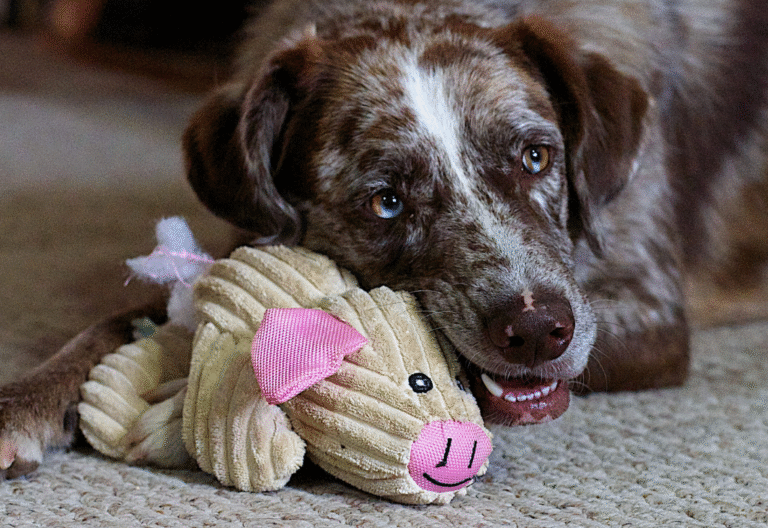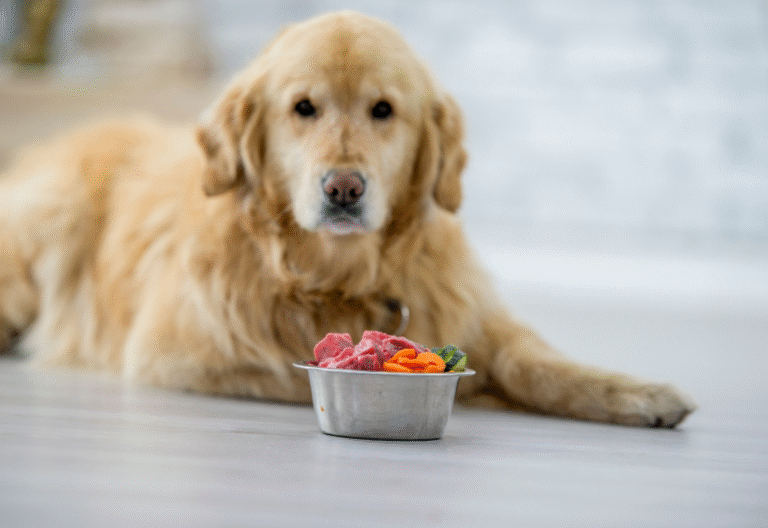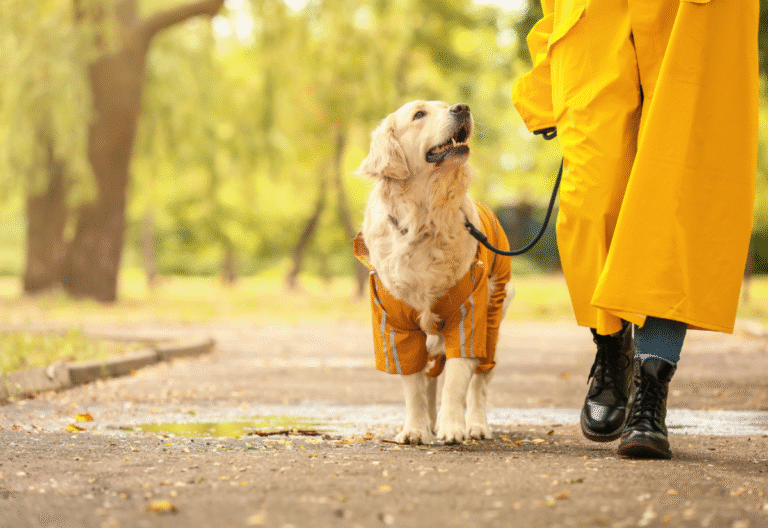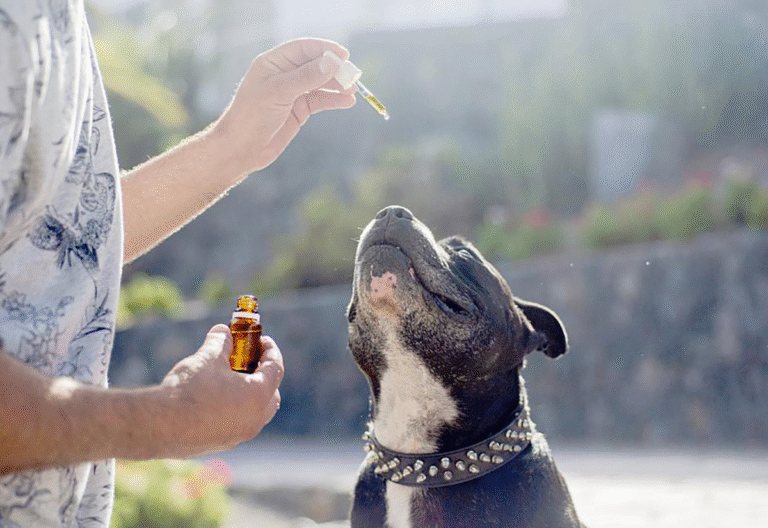Coping with Guilt on Your Senior Dog’s Bad Days
Watching your beloved companion enter their golden years brings a mix of emotions that many pet parents aren’t prepared for. When your senior dog faces mobility challenges, health issues, or simply has difficult days, coping with guilt senior dog bad days becomes an unexpected but very real part of the journey. Those feelings of wondering if you’re doing enough, questioning your decisions, or feeling helpless when your furry friend struggles are incredibly common—and completely normal.
The bond between you and your aging dog is precious, but it can also become a source of emotional complexity as their needs evolve. Understanding these feelings and developing healthy ways to navigate them isn’t just about managing your emotions; it’s about creating space for both grief and joy during this meaningful chapter of your dog’s life.

Why Guilt Creeps In When Your Senior Dog Struggles
The guilt that accompanies caring for an aging dog often catches owners off guard. It shows up in quiet moments and difficult decisions, manifesting in various ways:
Physical limitations become emotional burdens. When your once-energetic companion struggles to climb stairs or needs help standing up, it’s natural to feel responsible for their discomfort. You might find yourself wondering if there’s something more you should be doing.
Pain management feels insufficient. Even with veterinary care and medication, watching your dog experience discomfort can trigger feelings of inadequacy. The reality is that aging often involves some level of pain, despite our best efforts to minimize it.
Life responsibilities create internal conflict. Work schedules, family obligations, and daily responsibilities don’t pause for your dog’s bad days. This can lead to guilt about not being available every moment your senior companion needs comfort.
Decision-making becomes overwhelming. Questions about treatment options, quality of life assessments, and end-of-life care can feel impossibly heavy. The weight of making choices for someone who can’t speak for themselves naturally breeds uncertainty and guilt.
These emotions aren’t a sign of inadequate pet parenting—they’re evidence of the deep love and commitment you have for your furry family member.
Finding Emotional Support During the Journey
Acknowledging that you need support isn’t weakness; it’s wisdom. Many pet parents try to navigate senior dog care alone, but connecting with others can provide immense relief and perspective.
Community connections can be incredibly healing. Online forums dedicated to senior pet care, local support groups, or even conversations with other dog owners at the park can remind you that these struggles are shared experiences. Hearing how others have navigated similar challenges can offer both practical advice and emotional comfort.
Professional support shouldn’t be overlooked. Pet loss counselors, therapists who understand human-animal bonds, or even regular check-ins with your veterinarian about the emotional aspects of care can provide valuable guidance. Many people find that having an objective professional help them process their feelings reduces the isolation that often accompanies senior pet care.
Trusted relationships within your existing circle matter too. Friends and family members who understand your bond with your dog can offer listening ears and practical help during particularly difficult periods.
Practical Comfort Measures for Difficult Days
While you can’t eliminate every challenge your senior dog faces, thoughtful adjustments can significantly improve their daily experience—and your peace of mind.
Environmental modifications make a real difference. Orthopedic bedding designed for joint support, non-slip rugs on smooth floors, and elevated food and water bowls can reduce strain and increase comfort. These changes show your dog (and yourself) that you’re actively working to improve their quality of life.
Routine adaptations help both of you navigate changing abilities. Shorter, more frequent walks instead of long hikes, gentle stretching or massage sessions, and consistent meal and rest times provide structure that many senior dogs find comforting.
Mobility assistance can extend your dog’s independence. Ramps for accessing favorite spots, supportive harnesses for walks, or even strollers for longer outings can help maintain the activities your dog enjoys while accommodating physical limitations.
Sensory accommodations address often-overlooked comfort needs. Warmer bedding areas for dogs with decreased circulation, night lights for those with vision changes, or quieter spaces for dogs with increased anxiety can make daily life more pleasant.
Healthy Coping Strategies for Pet Parents
Managing the emotional toll of senior dog care requires intentional self-care practices that support your mental health and decision-making abilities.
Self-compassion practices are essential. Speak to yourself with the same kindness you’d offer a friend facing similar challenges. Remind yourself that perfect pet parenting doesn’t exist, and that loving care includes accepting limitations—both yours and your dog’s.
Emotional processing tools help prevent overwhelming buildup of feelings. Journaling about your experiences, both positive and challenging, can provide clarity and emotional release. Some people find comfort in writing letters to their dog, expressing feelings that might be difficult to voice otherwise.
Mindfulness and relaxation techniques offer immediate relief during stressful moments. Simple breathing exercises, short meditation sessions, or even mindful observation of your dog during peaceful moments can ground you in the present rather than worrying about future scenarios.
Professional guidance provides objective perspective when emotions cloud judgment. Your veterinarian can help assess your dog’s quality of life objectively, discuss realistic expectations for their condition, and support you through difficult decisions with medical expertise and compassionate understanding.
Understanding Anticipatory Grief
The sadness that begins before an actual loss—anticipatory grief—is a normal but often misunderstood part of loving a senior dog. This grief doesn’t mean you’re giving up hope or being negative; it’s your heart preparing for an inevitable goodbye while still treasuring the present.
Recognizing anticipatory grief helps normalize the experience. You might find yourself feeling sad during good days, worrying excessively about future scenarios, or feeling emotionally exhausted even when your dog is stable. These responses are natural parts of processing the reality of your dog’s aging.
Using grief constructively can enhance your remaining time together. This awareness can motivate you to create special memories, document your dog’s personality and quirks, or simply be more present during daily interactions. Rather than viewing grief as purely negative, it can become a reminder to cherish each day you have together.
Planning with love isn’t morbid—it’s caring. Thinking through end-of-life preferences, discussing options with your veterinarian, or even choosing meaningful ways to commemorate your dog’s life can provide peace of mind and ensure decisions are made from a place of love rather than crisis.
Creating Meaningful Moments
Senior dogs may have limitations, but they still have capacity for joy and connection. Focusing on what’s possible rather than what’s lost can shift your perspective from guilt to gratitude.
Adapted activities maintain engagement without overwhelming your dog. Gentle training sessions using treats and praise, exploring new scents during short walks, or simply enjoying extended cuddle sessions can provide enrichment that matches their current abilities.
Memory making becomes more intentional during senior years. Taking photos of everyday moments, recording videos of your dog’s unique behaviors, or creating paw print keepsakes can provide comfort both now and later.
Quality over quantity takes on new meaning. A five-minute gentle play session might be more valuable than forcing longer activities. Learning to recognize and celebrate these smaller but still meaningful interactions can reduce feelings of inadequacy about not being able to provide more.
Supporting Your Dog’s Emotional Needs
Senior dogs experience emotional changes alongside physical ones. Understanding and addressing these needs is just as important as managing their physical care.
Comfort and security become priorities. Many senior dogs develop increased anxiety or confusion. Maintaining familiar routines, providing consistent comfort items, and staying calm during their difficult moments helps them feel secure.
Social needs may change but don’t disappear. Some senior dogs become more selective about social interactions, while others crave more attention. Paying attention to your dog’s individual preferences and adjusting social situations accordingly shows respect for their changing needs.
Mental stimulation adapted for senior capabilities keeps their minds engaged. Puzzle feeders designed for limited mobility, sniffing activities, or gentle training exercises can provide mental enrichment without physical strain.
When Professional Help Is Needed
Recognizing when to seek additional support—both for your dog and yourself—is crucial for navigating senior dog care successfully.
Veterinary partnerships should evolve as your dog ages. Regular senior wellness exams, pain management consultations, and quality of life discussions become more important. Don’t hesitate to ask questions or seek second opinions when facing difficult decisions.
Behavioral support may be needed as cognitive or physical changes affect your dog’s behavior. Professional dog trainers experienced with senior dogs or veterinary behaviorists can provide strategies for managing new challenges.
Mental health support for yourself ensures you can provide the best care possible. If guilt, anxiety, or grief begin interfering with your daily life or decision-making, professional counseling can provide tools for managing these emotions healthily.
Final Thoughts: Embracing the Journey with Grace
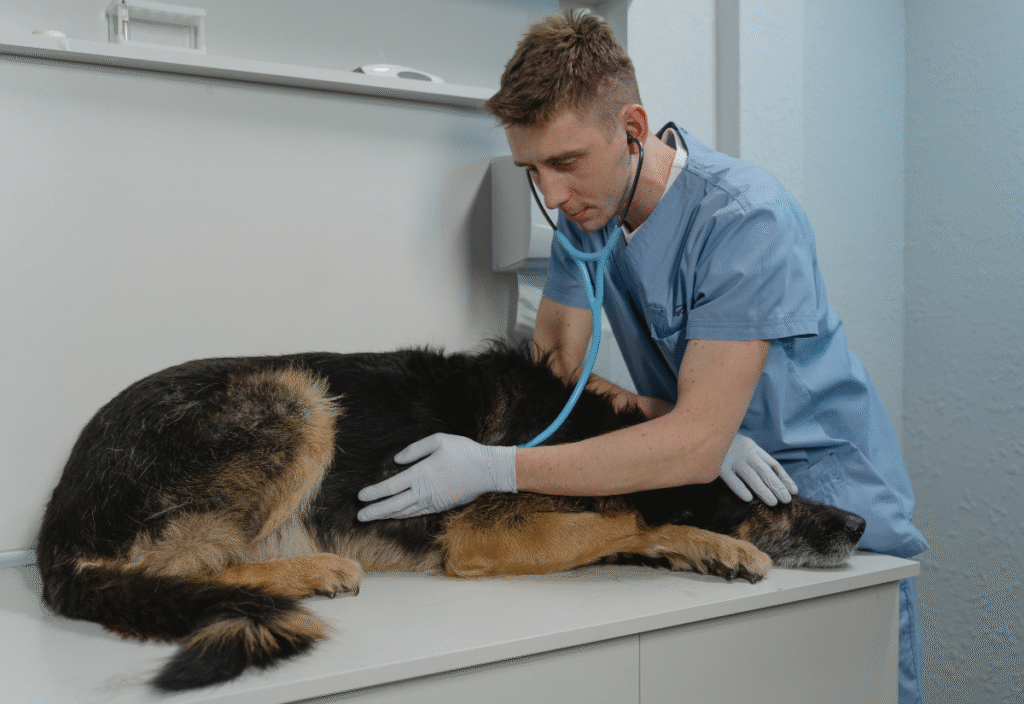
Coping with guilt during your senior dog’s difficult days is part of loving deeply. These feelings, while uncomfortable, reflect the profound bond you share and your commitment to their wellbeing. Remember that being a good pet parent doesn’t mean eliminating all discomfort or having all the answers—it means showing up with love, seeking support when needed, and making thoughtful decisions based on your dog’s individual needs.
The guilt you feel isn’t evidence of failure; it’s proof of how much your dog means to you. By practicing self-compassion, seeking appropriate support, and focusing on comfort and connection, you’re providing exactly what your senior companion needs most: your unwavering love and presence during both good days and challenging ones.
Every moment of care, every gentle touch, every difficult decision made with love matters more than you know. Your senior dog is lucky to have someone who cares enough to seek guidance, question their choices, and prioritize their comfort. That’s not something to feel guilty about—it’s something to honor.
📩 Want more senior dog care tips? Join our email list for expert advice on keeping your aging pup comfortable and happy.

